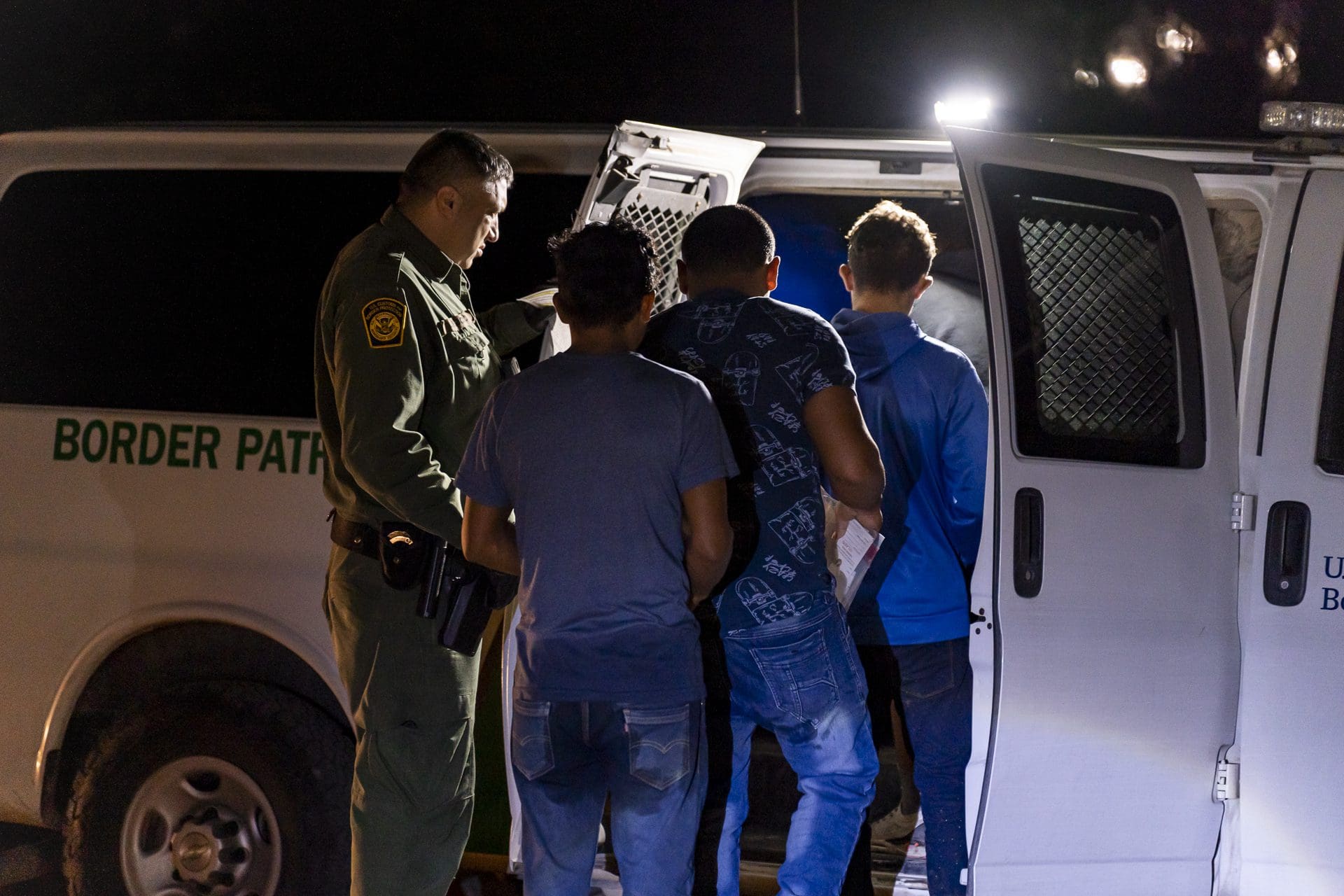No religious text is more strongly in support of property rights than the Bible. The right of an individual to own property – fully and completely – is central to Scripture.
Indeed, property rights are so intrinsic to Scripture, you find them twice in the Ten Commandments. The first you probably know, the Seventh Commandment: “You shall not steal.”
To understand the full significance of the Ten Commandments, it is helpful to think of their obverse. For example, the Fifth Commandment is “You shall not kill.” Easy, right? Just don’t kill anyone. But because the Law of God is about something more than the letter of the law, but its spirit, we understand that the Fifth Commandment also goes to the way we protect, honor, and celebrate life. It is not enough that I don’t kill someone, I need to be actively engaged in helping those in need.
When Scripture tells us that God has commanded that we shouldn’t steal, that implies something deeper about the nature of property and human rights. By virtue of being told not to steal, we are also being told that people have a right to own property.
This goes deeper in the Tenth Commandment: “You shall not covet your neighbor’s house; you shall not covet your neighbor’s wife, or his male servant, or his female servant, or his ox, or his donkey, or anything that is your neighbor’s.”
Those last three words: “is your neighbor’s.” It is important to understand what it means to “covet” a thing. It is to want something so much that one will do something unethical or illegal to get it, whether it is a home, spouse, employee, or whatever. It is very clear this is not a warning against aspiring to be better. Quite the opposite. This is a warning, along with the injunction against outright theft in the Seventh Commandment, to not let ourselves scheme to take away that which belongs – again, ownership – to someone else.
In our alleged capitalistic system, in our Republic where we pay high lip service to the principles of free markets, we have allowed a very unscriptural view towards property to arise.
In Texas, we do not own our homes or land. They all belong to the state. You disagree? Try not paying your annual rent payment to the school district, city, county, hospital district, and community college, and see how long you get to remain on their land and in their home. I wrote “rent”; sorry, I meant “property taxes.”
Same difference.
Our property tax system is based on coveting what our neighbor possesses, and wanting it so badly we scheme to punish him for having it. We dress it up, of course. It is about the children. Making sure they have nice things. Hogwash.
Consider the biennial debate in the Texas Legislature. It is not about allowing you to own your property, but haggling over ways to make taxpayers think the politicians are reducing the rent paid to government for that which should rightfully belong to the individual. Senior citizens, who did everything “right” by saving money and buying a home, find themselves in their golden years kicked off their property because they cannot afford the taxes. The government will find a better, younger tenant…
While some politicians campaign for office declaring themselves a friend to the notion of finding a path toward eliminating Texas’ immoral property taxes, once in office they have a funny way of not trodding down any path leading in that direction.
Property rights must be about something more than trimming trees when you like or repainting the front door. We do not truly have a right to property until we own it without paying rent to the government.
Ultimately, we must recognize the centrality of property ownership in pursuit of our inalienable right to life and liberty.





